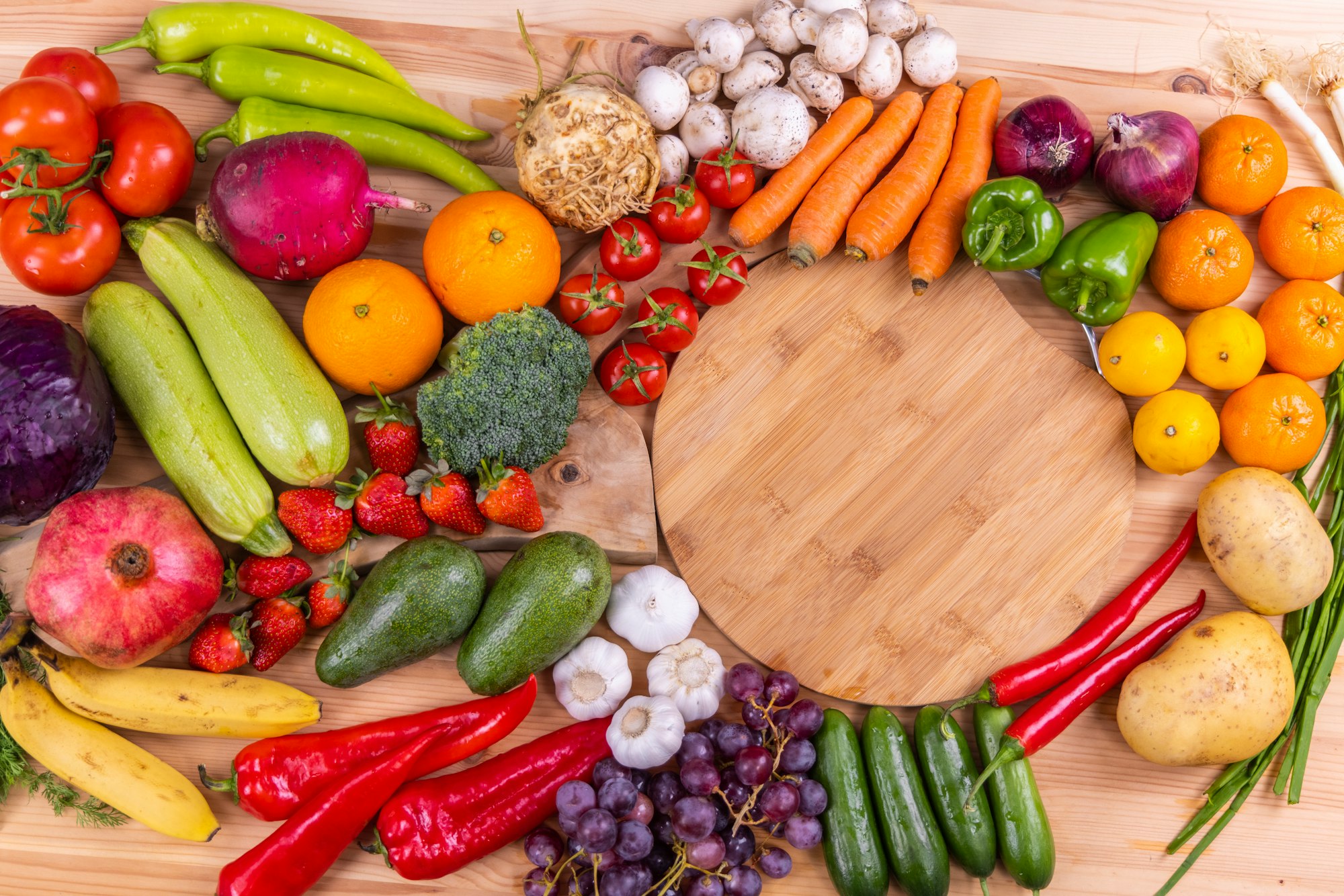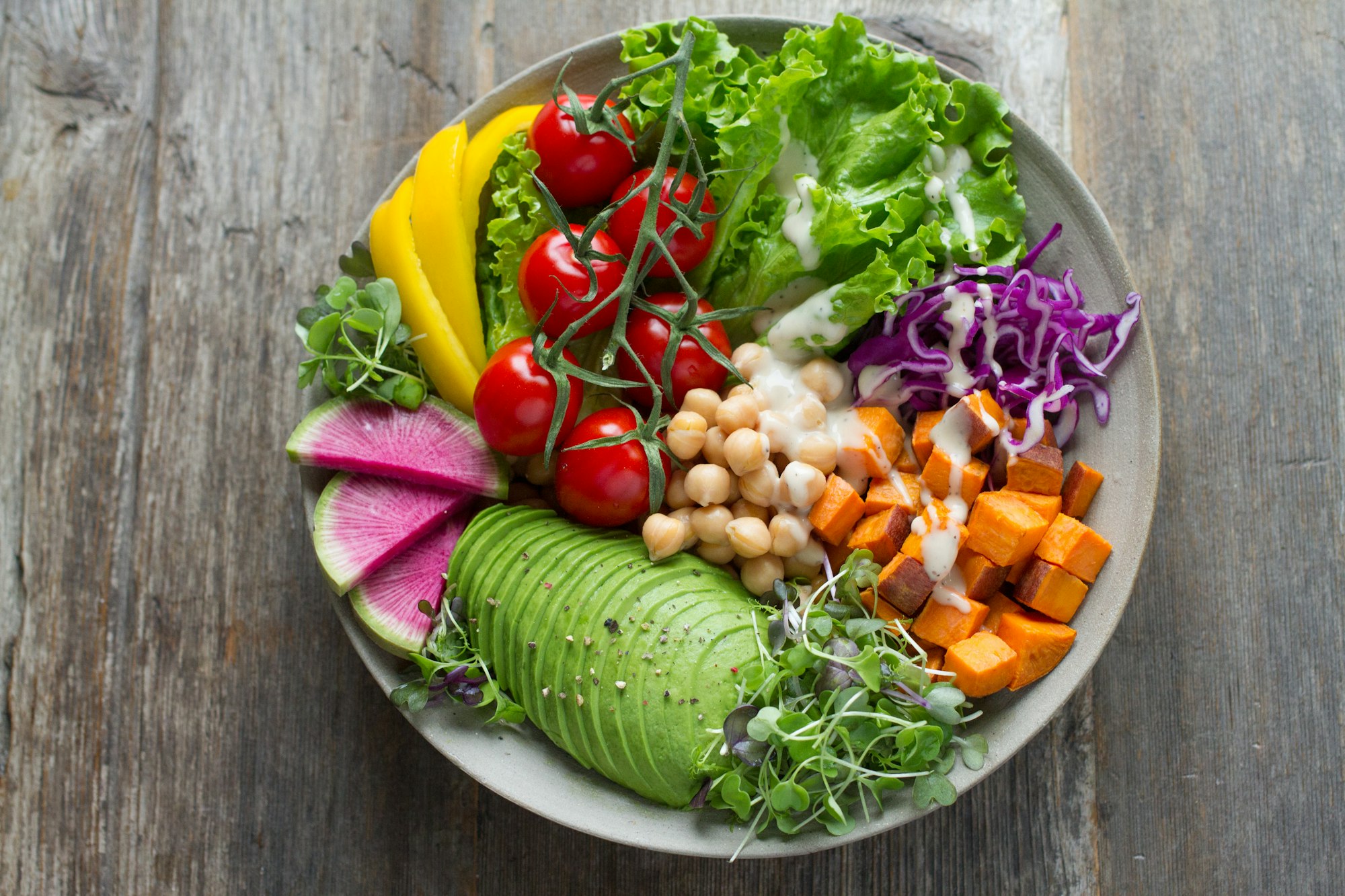Which vegetables have the most vitamins?

Vitamins are essential nutrients that our bodies need to function properly. They play a role in many important processes, including metabolism, cell growth and repair, and immunity. While we can get some vitamins from the food we eat, many people also need to take supplements to ensure they're getting enough.
What are vitamins?
Vitamins are organic molecules that are essential for the proper functioning of our bodies. There are 13 essential vitamins, which are divided into two categories: water-soluble and fat-soluble. Water-soluble vitamins are not stored in the body and need to be consumed daily. Fat-soluble vitamins are stored in the body and can be used when needed.
Why do we need vitamins?
Vitamins play a vital role in many of the body's processes, including metabolism, cell growth and repair, and immunity. They're also important for proper bone and teeth formation, and for vision, blood clotting, and keeping the nervous system functioning properly.
What are the different types of vitamins?
There are 13 essential vitamins, which can be divided into two categories: water-soluble and fat-soluble.
- Water-soluble vitamins are not stored in the body and need to be consumed daily. The water-soluble vitamins are:
Vitamin C
B-complex vitamins (thiamin, riboflavin, niacin, pantothenic acid, biotin, vitamin B6, vitamin B12, and folate)
Vitamin C is found in fruits and vegetables, especially citrus fruits, tomatoes, and broccoli. B-complex vitamins are found in meat, poultry, fish, eggs, dairy products, and whole grains.
- Fat-soluble vitamins are stored in the body and can be used when needed. The fat-soluble vitamins are:
Vitamins A, D, E, and K
Vitamin A is found in liver, egg yolks, and dairy products. Vitamin D is found in fatty fish, such as salmon, and in fortified milk and orange juice. Vitamin E is found in vegetable oils, nuts, and seeds. Vitamin K is found in dark leafy greens, such as spinach and kale.
What foods contain vitamins?
Vitamins are found in a variety of foods, including fruits, vegetables, meat, poultry, fish, eggs, dairy products, and whole grains.
How do vitamins benefit our health?
Vitamins play a vital role in many of the body's processes, including metabolism, cell growth and repair, and immunity. They're also important for proper bone and teeth formation, and for vision, blood clotting, and keeping the nervous system functioning properly.
Which vegetables are the most vitamin-rich?
There are a variety of vitamin-rich vegetables, including dark leafy greens, such as spinach and kale; cruciferous vegetables, such as broccoli and cabbage; and orange vegetables, such as carrots and sweet potatoes.
What are the top 10 vitamin-rich vegetables?
The top 10 vitamin-rich vegetables are:
Spinach
Kale
Broccoli
Cabbage
Carrots
Sweet potatoes
Tomatoes
Peppers
Squash
Beans
Why are these vegetables so high in vitamins?
These vegetables are high in vitamins because they contain a variety of nutrients that are essential for the proper functioning of our bodies.
How can we include more of these vegetables in our diet?
There are a few ways to include more of these vegetables in our diet, including adding them to our meals or snacks, or taking them as supplements.
Conclusion
Vitamins are essential nutrients that our bodies need to function properly. They play a role in many important processes, including metabolism, cell growth and repair, and immunity. While we can get some vitamins from the food we eat, many people also need to take supplements to ensure they're getting enough.
